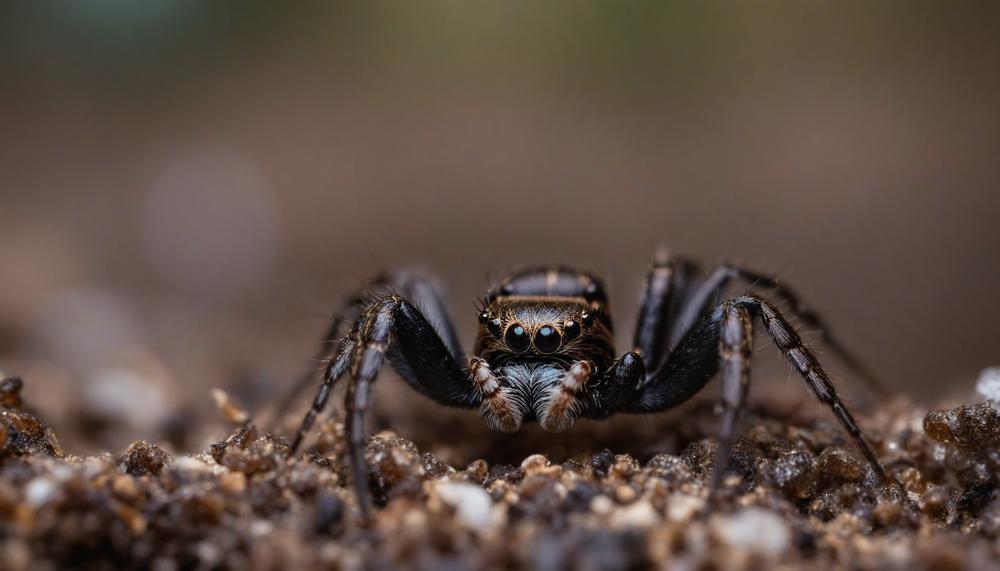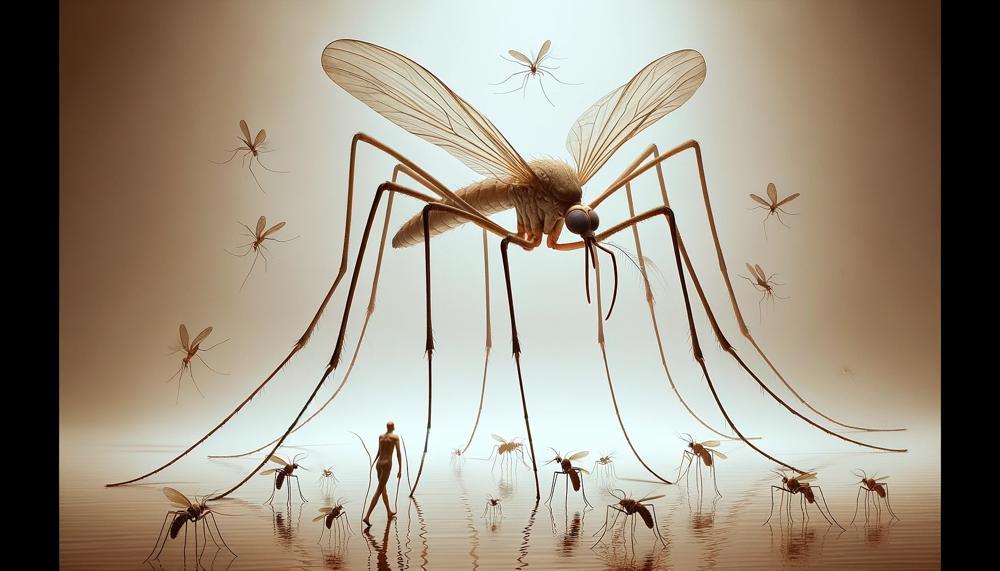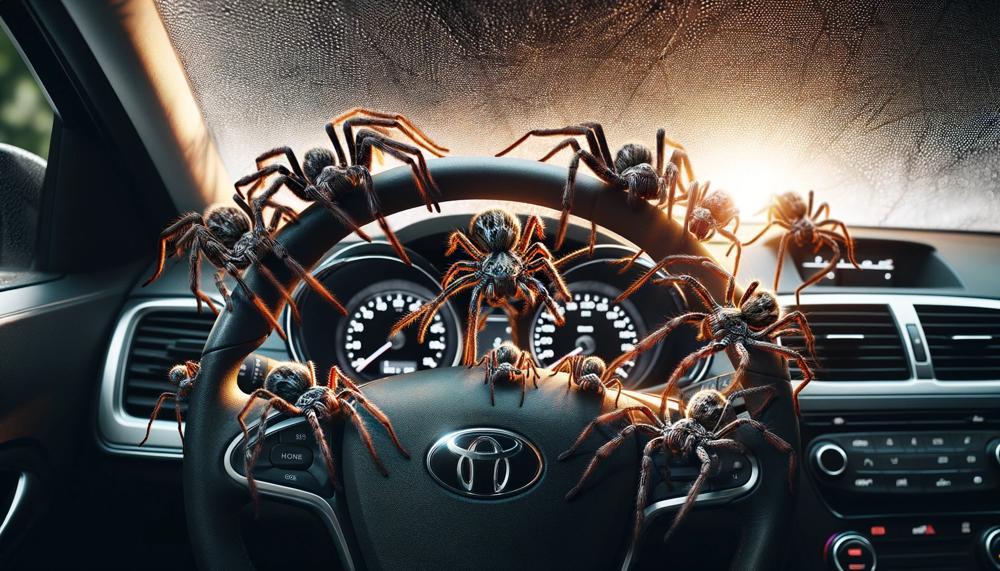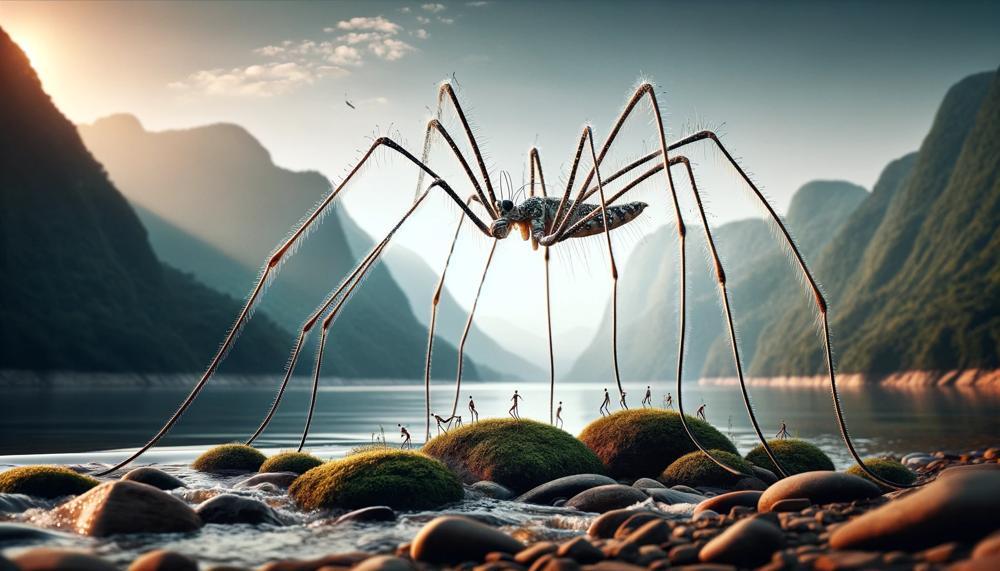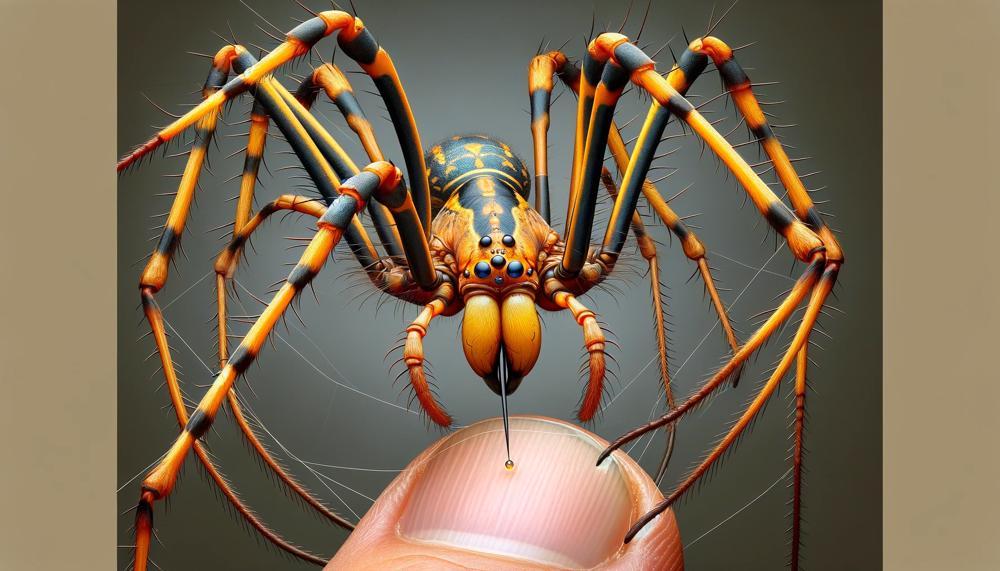Among the marvels of nature, spiders often inspire a mixture of curiosity and fear. Although their ability to weave complex webs and hunt are well-known, you may be surprised to learn that spiders also excrete.
Yes, spiders have a digestive system and create feces much like any other animal. Let’s explore the interesting realm of spider feces and learn some amazing facts.
- Spiders do indeed poop, expelling waste products from their digestive system.
- Their excrement primarily consists of undigested food particles and metabolic byproducts.
- Spider poop is usually small, dark, and solid, resembling tiny black or brown specks.
- The frequency of spider pooping varies depending on their size, diet, and metabolic rate.
- Interestingly, some spider species engage in a peculiar behavior known as “coprophagy,” where they consume their own feces to recycle nutrients and conserve resources.
So, the next time you encounter a spider, remember that even these eight-legged wonders have to take care of their bodily functions, just like the rest of the animal kingdom.
Nature’s processes are truly remarkable, and spider poop is just one of the many intriguing aspects that contribute to the diversity and complexity of our natural world.
Table of Contents
- 1 Understanding the Digestive Process in Spiders: How Food is Converted into Waste
- 2 The Unique Anatomy of Spider Feces: Size, Shape, and Color Variations
- 3 How Often Do Spiders Poop? Factors Influencing the Frequency of Defecation
- 4 Where Do Spiders Poop? Identifying Common Locations for Spider Waste
- 5 The Role of Spider Poop in the Ecosystem: Nutrient Cycling and Waste Management
- 6 Can Spider Poop Be Harmful to Humans? Addressing Concerns and Misconceptions
- 7 Conclusion
Understanding the Digestive Process in Spiders: How Food is Converted into Waste
| Step | Process | Description |
|---|---|---|
| 1 | Ingestion | The spider captures prey using its web or fangs and injects venom to immobilize it. |
| 2 | Extra-oral digestion | The spider regurgitates digestive enzymes onto the prey, which begins to break down the tissues. |
| 3 | Suction | The spider sucks up the liquefied remains of the prey, leaving behind the indigestible exoskeleton. |
| 4 | Gastric digestion | The ingested food is further broken down by enzymes in the spider’s stomach. |
| 5 | Absorption | Nutrients from the digested food are absorbed through the walls of the spider’s intestine. |
| 6 | Egestion | Undigested materials are expelled from the spider’s body through the anus as waste products. |
The Unique Anatomy of Spider Feces: Size, Shape, and Color Variations
| Factor | Effect on Spider Feces |
|---|---|
| Spider Species | Different spider species have unique digestive systems and feeding habits, resulting in variations in the size, shape, and color of their feces. |
| Diet | The type of prey consumed by a spider directly influences the composition of its feces. For instance, spiders that feed on insects with hard exoskeletons tend to produce feces with higher concentrations of undigested chitin, affecting the overall appearance and texture. |
| Age | As spiders mature, their digestive systems undergo changes, leading to variations in the characteristics of their feces. Younger spiders may produce smaller, more frequent droppings, while older spiders tend to have larger, less frequent fecal deposits. |
| Health | The health status of a spider can also impact its fecal characteristics. Unhealthy spiders may produce feces that are discolored, malformed, or contain undigested food particles, indicating potential health issues. |
| Habitat | Environmental factors such as humidity and temperature can influence the rate of decomposition and dehydration of spider feces, affecting their size, shape, and color over time. |
How Often Do Spiders Poop? Factors Influencing the Frequency of Defecation
| Factor | Effect on Defecation Frequency |
|---|---|
| Age | Older spiders tend to poop less often than younger spiders. |
| Diet | Spiders that eat more frequently tend to poop more frequently. |
| Water Intake | Spiders that drink more water tend to poop more frequently. |
| Activity Level | Spiders that are more active tend to poop more frequently. |
| Stress | Stressed spiders may poop more frequently. |
| Health | Sick or injured spiders may poop less frequently. |
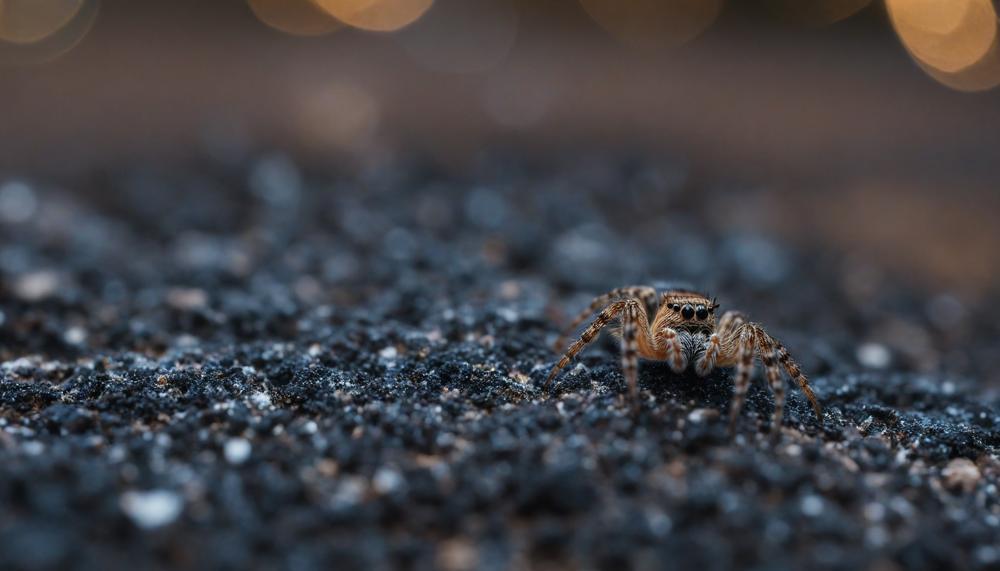
Where Do Spiders Poop? Identifying Common Locations for Spider Waste
| Location | Description |
|---|---|
| Window sills | Cobwebs often accumulate on window sills, providing a convenient spot for spiders to rest and defecate. |
| Curtains and blinds | Spiders may hide in the folds of curtains or blinds, leaving behind their waste. |
| Corners of the room | Spiders often build webs in the corners of rooms, where they are less likely to be disturbed. |
| Behind furniture | Spiders may also hide behind furniture, where they can spin their webs and defecate undisturbed. |
The Role of Spider Poop in the Ecosystem: Nutrient Cycling and Waste Management
| Spider Poop | Role in Nutrient Cycling |
|---|---|
| Excretion of Waste | Spiders eliminate nitrogenous waste products, primarily in the form of guanine, through their poop. |
| Decomposition | Spider poop, like that of other organisms, undergoes decomposition by various decomposers, such as bacteria and fungi. |
| Nutrient Release | As decomposers break down spider poop, they release essential nutrients, including nitrogen, phosphorus, and potassium, back into the soil. |
| Plant Absorption | Plants absorb these released nutrients from the soil, utilizing them for growth and development. |
| Food Chain Integration | Spider poop indirectly contributes to the food chain by providing nutrients for plants, which are consumed by herbivores, and subsequently by carnivores. |
Can Spider Poop Be Harmful to Humans? Addressing Concerns and Misconceptions
| Spider Poop Toxicity | Health Risks |
|---|---|
| Toxicity: Generally Non-toxic | Spider poop, also known as spider frass, is generally not considered toxic to humans. |
| Allergic Reactions: Rare Cases | In rare instances, individuals with severe allergies to spiders may experience allergic reactions upon exposure to spider poop. |
| Indirect Health Risks: Disease Transmission | Spider poop can potentially carry disease-causing microorganisms, such as bacteria or parasites, which could pose health risks if ingested or if they come into contact with open wounds. |
| Respiratory Issues: Inhalation of Dried Poop | Inhaling dried spider poop can cause irritation to the respiratory tract, leading to coughing, sneezing, and discomfort. |
Conclusion
The fact that spiders can urinate may seem surprising in the grand scheme of natural oddities. Spiders create waste and have a digestive system much like any other animal. Their waste, which is often solid, black, and tiny, is evidence of the complex workings of life. Although not usually seen as a fascinating subject, knowing about spider excrement provides a unique insight into the intricate world of these eight-legged marvels.
Spider excrement demonstrates the interdependence of all living processes, from their digestive system to the part their waste plays in the cycle of nutrients. Thus, keep in mind that even spiders have a special method of sustaining the delicate balance of our ecology the next time you come across one.

